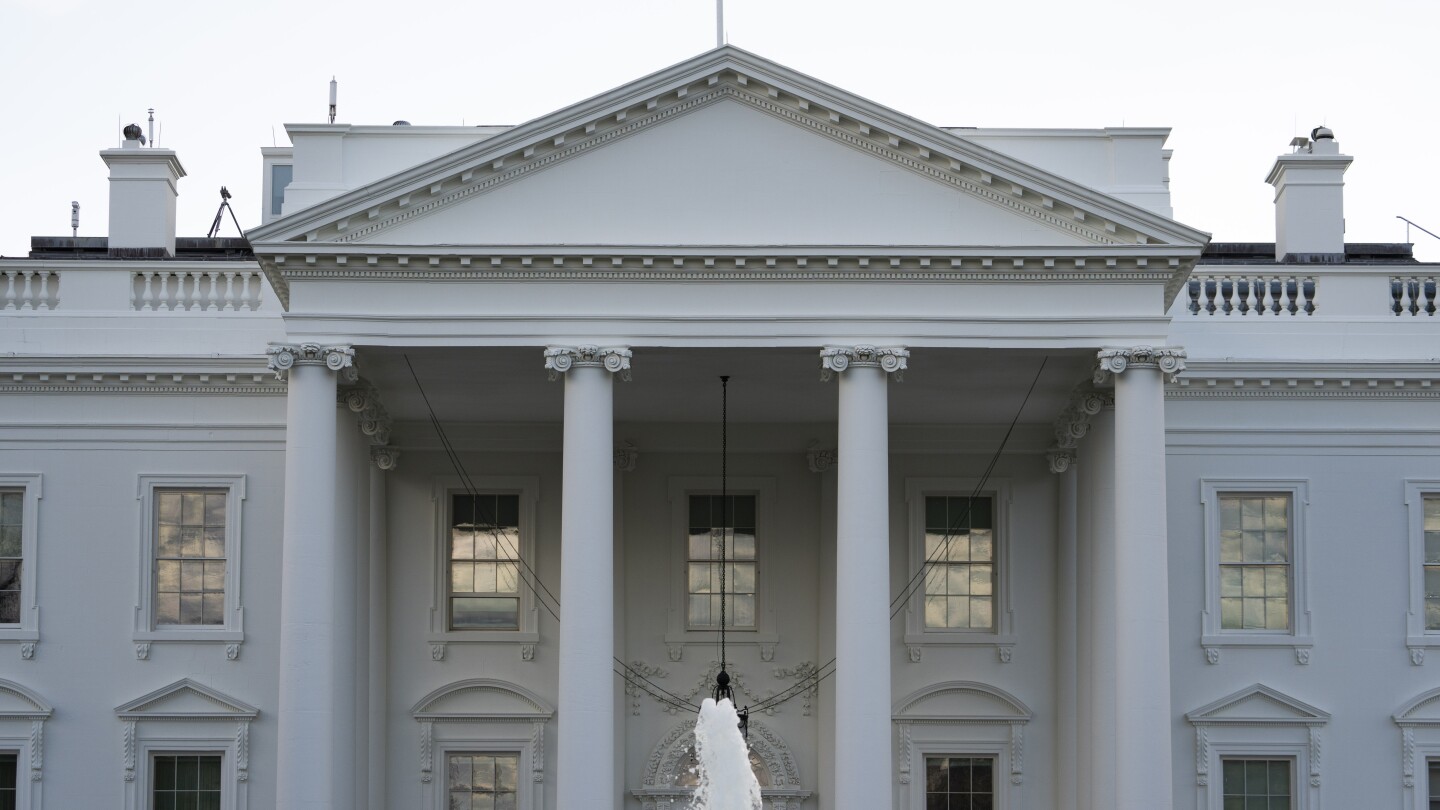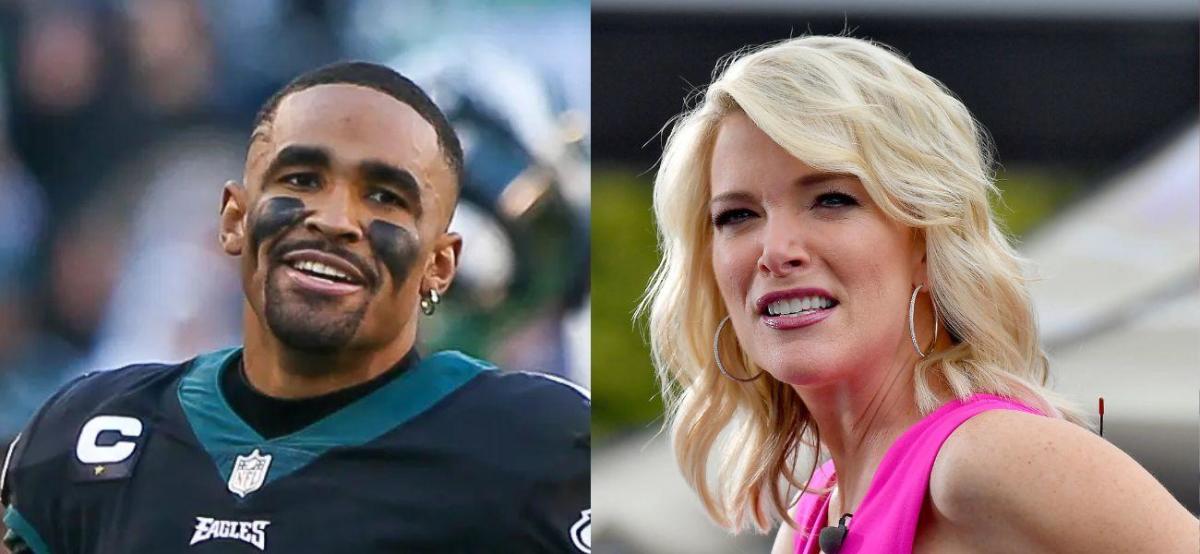Megyn Kelly's recent criticism of the Philadelphia Eagles for allegedly skipping their customary White House visit following their 2025 Super Bowl win has stirred up controversy. The Eagles' decision, or lack thereof, to visit the White House after their victory over the Kansas City Chiefs has garnered mixed reactions from fans, pundits, and even an ex-president.
After the Eagles emerged triumphant in Super Bowl LIX, reports indicated that the team had opted out of visiting the White House. Allegedly, the decision stemmed from the Birds' management's disagreement with President Donald Trump's policies. According to sources, discussions between players and team executives resulted in a unanimous decision not to partake in the visit should they win the championship.
Kelly, a vocal critic of the Eagles' reported snub, expressed her disappointment on social media. Her scathing rebuke of the team reflected sentiments shared by many who believed the Eagles' move was a political statement. As the controversy escalated, vociferous debates ensued among fans and critics alike, with some condemning the Eagles for politicizing sports while others supported the team's stance.
Interestingly, a White House source dismissed claims that the Eagles had turned down an official invitation, implying that formal communication between the administration and the team had not yet taken place. This revelation casts doubt on the initial reports suggesting the Eagles had preemptively declined the invitation to visit the White House.
The backdrop to this narrative dates back to the Eagles' first Super Bowl win, when a similar situation unfolded. Following their victory in Super Bowl LII against the New England Patriots, the Eagles' White House visit was called off after disagreements arose over player protests during the national anthem. Trump's stance on the matter clashed with the team's convictions, leading to a cancellation of the celebratory visit.
Despite the uncertainty surrounding the Eagles' potential White House visit post their recent Super Bowl triumph, speculation and conjecture continue to swirl. As fans await official confirmation from both the Eagles and the White House, the saga serves as a reminder of the intertwined nature of sports, politics, and societal values in contemporary America.
In conclusion, the Eagles' decision, whether political or rooted in principle, underscores the complex dynamics that permeate the intersection of sports and national identity. As the saga unfolds, it invites reflection on the evolving relationship between athletes, teams, and the highest echelons of power in a polarized socio-political landscape.


